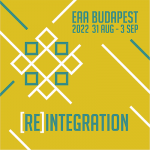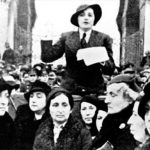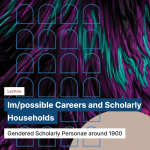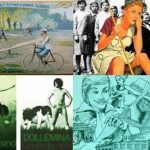 Session at the 28th EAA Annual Meeting in Budapest (Web)
Session at the 28th EAA Annual Meeting in Budapest (Web)
Time: 31.08.-03.09.2022
Venue: Budapest, Hungary
Proposals by: 10.02.2022
By the 1960s and -70s the absence of female protagonists from mainstream historical and archaeological narratives had been acknowledged; and “looking for women” in the past became a goal for women’s studies. Newly rediscovered women from the past were then integrated into courses, lectures, and books about women’s history, which generally caught the attention of a mostly female audience. However, this scenario did not solely arise in the second half of the 20th century. For example, in her 1889–1890 public lecture tour, through the United States of America, the Egyptologist and writer Amelia B. Edwards (1831–1892) talked about “The Social and Political Position of Women in Ancient Egypt”. In her speeches Edwards used several ancient women to raise and discuss issues relevant to women in her times.
This session aims at highlighting further similar case studies, in the framework of archaeological research and dissemination, from any period or geographical area. The organizers want to analyse and discuss which female role models were the promoted or censored in different circumstances. Hence, they particularly encourage contributions that help to highlight how specific women from the past were used (and misused) as models in the education of women in the 19th and 20th centuries. Analyses of lectures, schoolbooks, diaries or correspondence will be especially welcome.
Organisers:
Kerstin Droß-Krüpe (Bochum, Germany); Francesca Fulminante (London/BristolUK; Roma, Italy); Agnès Garcia-Ventura (Barcelona, Spain); Ana Cristina Martins (Évora, Portugal); Andrea Mouriño Schick (Vigo, Spain)
Submissions:
Submissions can only be done online (Link). Submissions by: 10th February 2022.
Contact: Continue reading








